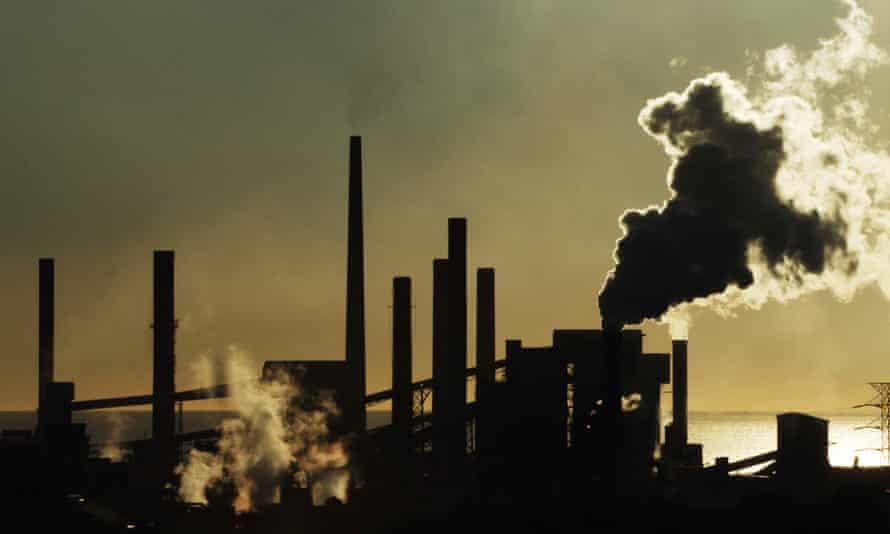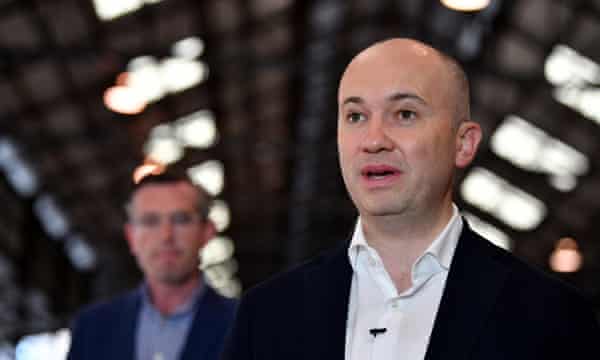Extract from The Guardian
Australia should not be a climate laggard at Glasgow. We should be leading the world and encouraging every other country to increase their climate ambitions.

Last modified on Wed 29 Sep 2021 16.24 AEST
As world leaders prepare to meet in Glasgow in November for international climate talks, the race is on to protect our planet and our way of life.
The UN’s international panel on climate change makes clear that we need to reduce our emissions to net zero by 2050.
Most of the world’s advanced economies are responding with bold emission reduction targets. The UK, US and Germany, for example, have all set interims targets above 50%.
The vast majority of Australia’s major trading partners aim to achieve net-zero emissions by 2050.
What we are witnessing, however, is more than a race to achieve environmental goals, as non-negotiable as they are.
An economic arms race to capture the next generation of investment, resource projects, exports, jobs and innovation is unfolding across the world.
NSW wants to be at the front of the queue, positioning our state as both a renewable energy superpower and an economic powerhouse for the decades ahead.

Just 18 months ago, NSW set a target of 35% emission reductions from 2005 levels by 2030. Now we are going further and lifting our 2030 target to 50%.
Alongside our commitment to achieve net zero by 2050, these two goals will shepherd the market and drive government action.
NSW has the confidence to be bold, knowing there is clear capacity to attract the finance, technology and innovation needed to reduce emissions. And the best evidence of this is that we not only have a 2030 target, but also a plan that is projected to get us there.
The cost of low-emissions technology is falling and the appetite of investors to direct capital towards it is growing.
Over the past 10 years, the cost of generating electricity from wind has fallen by around 50% and from solar by 85%. The cost of lithium-ion batteries have fallen 85%. Hydrogen fuel cell production has dipped 60% since 2006.
No wonder international capital has made its call. Bloomberg estimates that assets under management that are tailored to meet environmental, social and governance goals could reach $53 trillion by 2025.
Meanwhile, international and domestic financial regulators want banks to measure climate risk. The European Union and the US are contemplating climate tariffs on laggard nations.
The federal treasurer, Josh Frydenberg, spoke last week of the “structural and systemic shift in our financial system”, warning that unless Australia moves on climate policy, borrowing costs will increase across the domestic economy.
He also magnified a nuance often lost in the debate – industries like resources, manufacturing and agriculture can be winners as the economy, supply chains and export markets evolve.
These trends are now embedded. They change the dynamics of climate policy. Acting once carried an inherent cost to the economy – even if environmental goals were irresistible.
The real risks now lie in staying idle. Policy stagnation neglects the economic and environmental costs – as we witnessed with bushfires two years ago that devastated both natural ecosystems and regional economies.
Inertia sacrifices the capacity for domestic businesses to cultivate their climate credentials and access global demand for low emissions goods and services.
NSW will meet the moment and harness the mix of investment demand, household action, industry transformation and technological change.
Over the past two years, the NSW government has regeared our policy, regulatory and financial settings to spur the green energy revolution and seize an enduring economic dividend.
NSW has the biggest legislated renewable energy policy in the nation’s history.
It will create over 9,000 jobs and attract more than $32bn in private investment, largely in regional areas.
Co-investment with industry will smooth the move to low-emissions technologies among our largest industrial businesses.
NSW will meet the moment and harness the mix of investment demand, household action, industry transformation and technological change.
Small business and households will reap the benefits of cheap, reliable and clean energy, too, with average residential users poised to yield annual savings of around $130 and small businesses around $430 each year.
Five renewable energy zones are being created in our regions to combine renewable energy generation, storage such as batteries, and the transmission networks to reach homes, businesses and industries.
These modern-day power stations represent a trifecta of good policy – jobs and investment for the regions, affordable and reliable power to service the economy, and creation of new income streams for landowners.
NSW is also powering the shift to electric vehicles, tapping into surging global markets for their manufacture, and providing the renewable energy needed to service them.
The collective action of the public and private sectors is placing a new green premium on the table.
Australia should not be a climate laggard at Glasgow. We should be leading the world and encouraging every other country to increase their climate ambitions.
That is the right thing to do for our environment and the right thing to do for our economy.
No generation owns our planet, our country or our state – we simply hold it for generations yet to come – and the way each generation is judged is whether we leave things better than the way we found them. Our commitment to halve our emissions by 2030 while growing our economy shows this generation has everything it needs to be judged well.
Matt Kean is the NSW minister for energy and environment
No comments:
Post a Comment